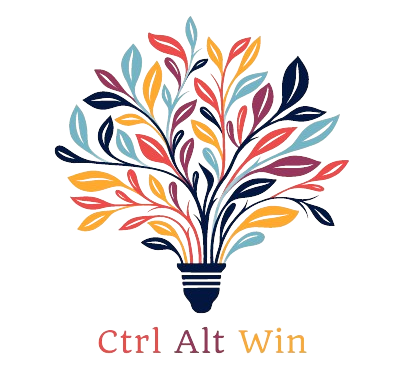I. Understanding Alcohol Licenses:
Alcohol licenses are legal permissions granted by governmental authorities to individuals or businesses, allowing them to sell, serve, or distribute alcoholic beverages within specified parameters. The issuance of these licenses aims to strike a balance between economic interests and public safety, ensuring that alcohol-related activities are conducted responsibly and in compliance with relevant laws.
II. Types of Alcohol Licenses:
- Retail Licenses:
- Off-License: Permits the sale of alcohol for consumption off the premises, such as liquor stores or supermarkets.
- On-License: Allows the sale and consumption of alcohol on the premises, commonly held by bars, restaurants, and clubs.
- Wholesale Licenses:
- Issued to wholesalers or distributors responsible for supplying alcoholic beverages to retailers.
- Special Event Licenses:
- Temporary permits for the sale and consumption of alcohol at specific events, such as festivals, weddings, or fundraisers.
III. Application Process:
- Research and Planning:
- Understand local regulations and restrictions.
- Identify the type of license required for the intended business operation.
- Documentation:
- Compile necessary documents, including business permits, zoning approvals, and financial records.
- Application Submission:
- Submit the application to the appropriate regulatory agency, accompanied by the required fees.
- Public Notice:
- Some jurisdictions require public notification of the license application, allowing community input.
- Review and Approval:
- The regulatory agency reviews the application for compliance with legal requirements.
IV. Compliance and Responsibility:
- Responsible Service Training:
- Many jurisdictions mandate training programs for staff to promote responsible alcohol service.
- Regulatory Compliance:
- Businesses must adhere to regulations, including age verification, hours of operation, and sales restrictions.
- Renewal and Compliance Checks:
- Regular checks ensure businesses maintain compliance, with license renewals contingent on good standing.
V. Impact on Communities:
- Economic Contribution:
- Alcohol licenses contribute to local economies by fostering the growth of businesses in the hospitality sector.
- Public Safety:
- Regulations associated with alcohol licenses help mitigate distillery license public safety risks associated with alcohol consumption.
- Social Responsibility:
- License holders often engage in community initiatives and responsible alcohol service practices to address social concerns.
Conclusion:
Alcohol licenses are a crucial component of the regulatory framework governing the sale and distribution of alcoholic beverages. Navigating the process requires a comprehensive understanding of local laws and a commitment to responsible business practices. By striking a balance between economic interests and public safety, alcohol licenses play a vital role in fostering a thriving, responsible hospitality
